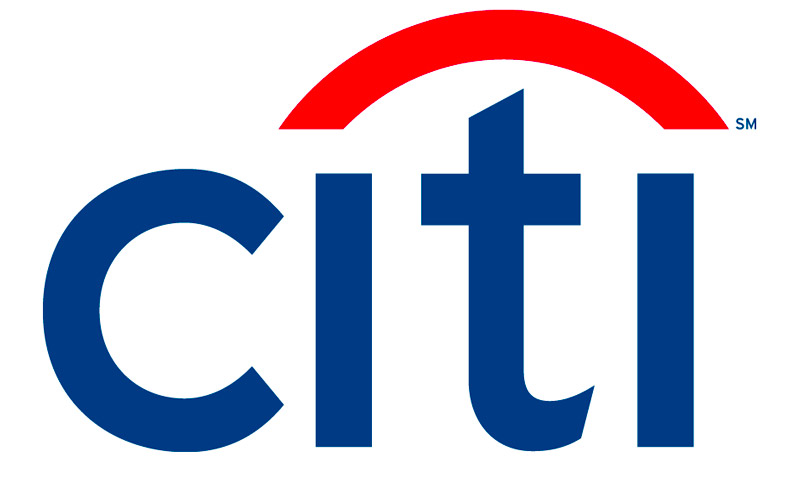|
New National Study Finds No Relief for NJ Renters 6/14/2023 Full-time workers in New Jersey need to earn $33.50 per hour to afford a modest, two-bedroom apartment at fair market rent. This is NJ’s 2023 “Housing Wage,” according to a report published today by the National Low Income Housing Coalition (NLIHC) and the Housing and Community Development Network of NJ (the Network). Released annually, the Out of Reach report calls attention to the gulf between wages and what people need to earn to afford their rents. The report shows that affordable rental homes are out of reach for millions of low-wage workers and other families. The report’s “Housing Wage” is an estimate of the hourly wage full-time workers must earn to afford a rental home at fair market rent without spending more than 30 percent of their incomes. Nationally, the 2023 Housing Wage is $28.58 per hour for a modest two-bedroom rental home and $23.67 for a modest one-bedroom rental home. “NJ’s housing affordability crisis is most severe for our lowest income, most vulnerable renters and homeowners. They are under the threat of eviction and foreclosure, and ultimately, homelessness because of unconscionable rent increases and a severe shortage of affordable and available homes,” said Staci Berger, president and chief executive officer of the Housing and Community Development Network of NJ. “We’re on a trajectory that’s going to have devasting consequences on our state’s economy and our families. Our public officials must double down on investments that expand affordable home opportunities and adopt policies that take aim at housing insecurity. Both are necessary for our residents and communities to thrive.” Even before the pandemic, low-income renters were facing a housing crisis, with rents increasing much more quickly than wages and assistance programs remaining underfunded. Widespread job and wage losses that happened during the pandemic were followed by skyrocketing rents. This development exacerbated the situation, putting new pressures on renters throughout the country. Though rent inflation has moderated in most markets, rents remain too high for low-income households. At the same time, pandemic-era benefit programs – like emergency rental assistance (ERA), additional allocations from the Supplemental Nutrition Assistance Program (SNAP), and childcare tax benefits – have ended. In consequence, the lowest-income renters are facing high rents without the support of those safety net programs that kept them stably housed during the pandemic, with the result that eviction filings are returning to or surpassing pre-pandemic levels in some communities. Working at the minimum wage of $14.13 in NJ, a wage earner must have 2 full-time job[s] or work 79 hours per week to afford a modest one-bedroom apartment and have 2.4 full-time job[s] or work 95 hours per week to afford a two-bedroom apartment. But even millions of workers making higher than minimum wage are still unable to afford housing. The average renter wage is $24.40, $9.10 less than the housing wage. As part of their Annual Legislative Day, NJ housing advocates are calling on state leaders to continue to support full funding of the Affordable Housing Trust Fund, increasing the Neighborhood Revitalization Tax Credit Program, streamlining the affordable housing assistance application, and eliminating credit score obstacles and bias in property appraisals, among other proposals. Among the 30 largest occupations in New Jersey as of 2022, 24 pay median wages less than the 2023 housing wage. This includes teacher assistants, nursing assistants, accounting clerks, home health aides, truck drivers, security guards, janitors, food preparation workers, receptionists, cashiers and others. To address growing housing insecurity and instability in NJ’s housing market, the Network launched the HouseNJ campaign which seeks transformative state and federal housing investments. The campaign calls on NJ leaders to support full funding of the Affordable Housing Trust Fund, expand the Neighborhood Revitalization Tax Credit Program, streamline the state’s affordable housing assistance application, and eliminate credit score obstacles and bias in property appraisals. “Housing is a human right,” said NLIHC President and CEO Diane Yentel. “Stable, affordable homes are a prerequisite for basic well-being, and no person should face the danger of losing their home. But, as the Out of Reach report shows, too many low-income renters now face worsening housing instability, as wages stagnate, housing costs rise, and pandemic-era safety net programs close. Addressing the country’s long-term housing affordability crisis requires bridging the gap between rents and incomes through comprehensive federal legislation and adequate funding by Congress for our country’s vital affordable housing and homelessness programs.” For additional information, and to download the report, visit: www.nlihc.org/oor. Access to the NJ data is available at www.hcdnnj.org/oor. About the Housing and Community Development Network of NJ
|













